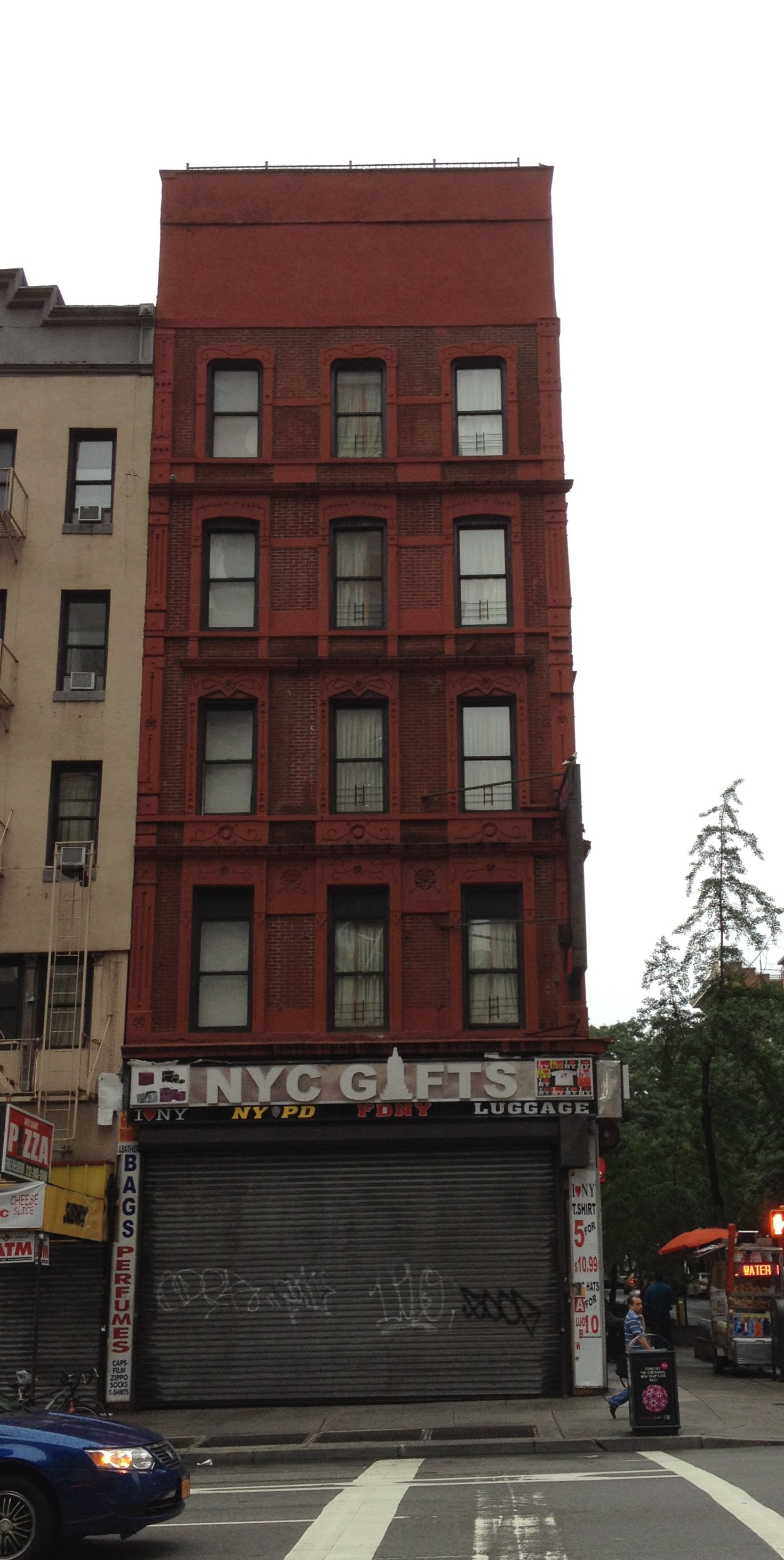* Kevin J. Brehony’s paper “To Letchworth via India: The Transformation of the Theosophical Educational Trust” presented at the Internationalization in the field of education Conference, held at the University of Geneva, June 27-30, 2012, examines the Theosophical Society’s educational theories and practices beginning first in India and subsequently in England until 1921. Only a small part is devoted to Blavatsky’s views on education, mainly seen through her Key to Theosophy, and best summed up by a quote from the book that children were taught to “believe in the miracles of the Bible on Sunday, while for the six other days of the week you teach them that such things are scientifically impossible.” The rest deals with Besant educational work in India and theosophical developments in England.
 * The site Sects and Violence in the Ancient World: Musings on religion ancient and modern carries a color photograph of the “Lamasery,” Mme. Blavatsky’s apartment on Eight Avenue and West 47 Street in New York City, along with some musings on the subject of Theosophy. The two corner windows on the right above the storefront are where Blavatsky’s parlor was, and where she wrote Isis Unveiled, the window on the left let in on Col. Olcott’s bedroom. The exterior of the building is still much the same as when she lived there.
* The site Sects and Violence in the Ancient World: Musings on religion ancient and modern carries a color photograph of the “Lamasery,” Mme. Blavatsky’s apartment on Eight Avenue and West 47 Street in New York City, along with some musings on the subject of Theosophy. The two corner windows on the right above the storefront are where Blavatsky’s parlor was, and where she wrote Isis Unveiled, the window on the left let in on Col. Olcott’s bedroom. The exterior of the building is still much the same as when she lived there. Theosophy was a faith that grew out of experimental ideas in New York City with tendrils stretching all the way to India and China. The movement even bestowed upon Gandhi his famous epithet of Mahatma. The words inscribed on his Serbian monument would serve us all well to memorize: “non-violence is the essence of all religions.”
* This year the Emile G. Scholz Prize for best paper of the HIS 203 Research Seminar went to two graduate students at the University of California at Davis. Particularly fascinating is the title of Rajbir Judge’s: “Black Skin, White Breasts: Colonial Subjectivity, Miscegenation, and the Theosophical Society.” The prize is named in the memory of Emile George Scholz, who was born in 1893 in Bakersfield and died in Modesto, California in 1977. Established by one of his grandsons as a testament to his lifelong love of history, “it is the family’s hope that future ‘Scholz Prize’ winners will remain devoted to the study and appreciation of historical events and will convey to future generations their understanding of, and passion for, these events for the benefit of humankind.” Hopefully Rajbir Judge’s paper with the challenging title will be soon available.
No comments:
Post a Comment
All comments to this blog are subject to moderation, and may appear at our sole discretion, if found to add relevance to the site's topics.